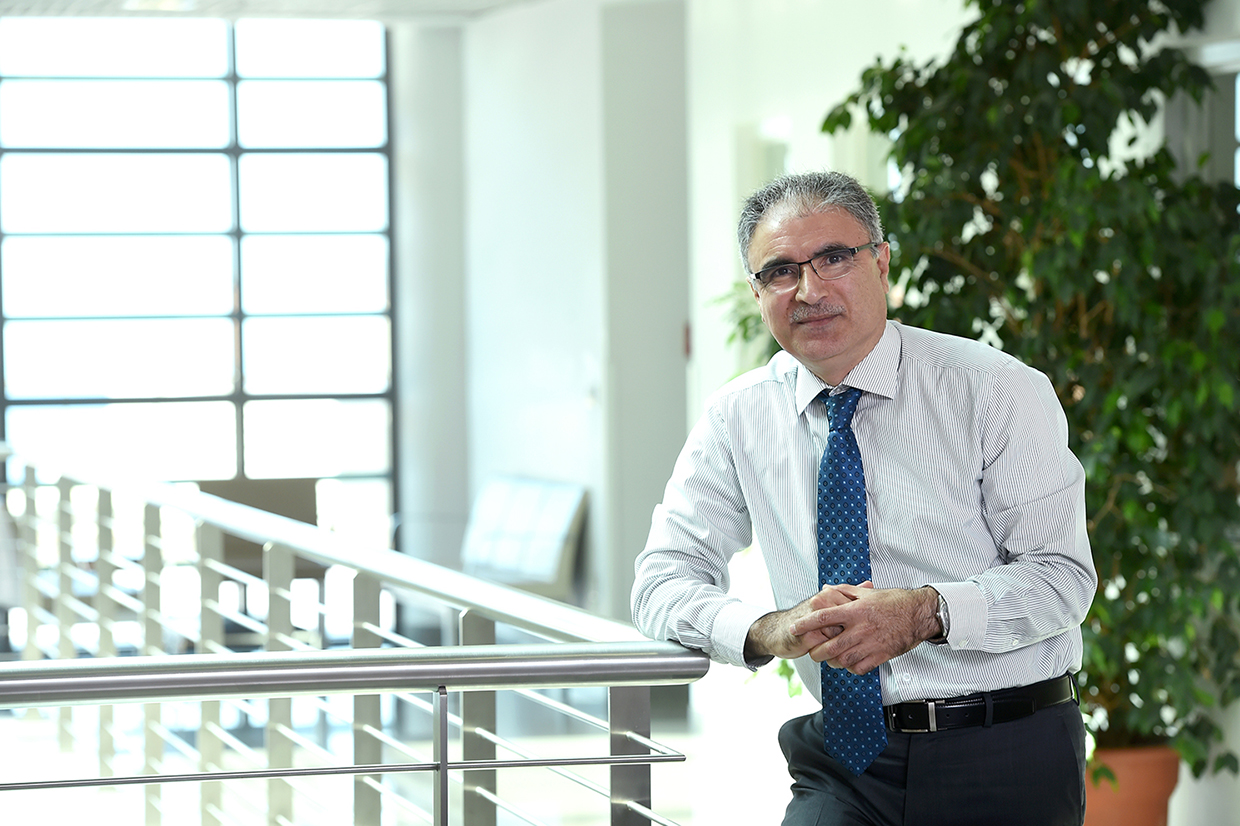LAU welcomes the appointment of Dr. Mohammad Mroueh as a Member of the Cannabis Regulatory Authority
Dr. Mroueh, whose research has long been focused on the medicinal and pharmaceutical benefits of cannabis, especially in treating cancer, spearheaded the establishment of the Medicinal Cannabis Research Center at LAU.
The appointment came as the country moves to implement Law No. 178, passed by Parliament in 2020, which legalizes the cultivation, processing and trade of cannabis for medicinal and industrial purposes under strict oversight and regulation. To that end, the regulatory authority will manage and provide licenses for the cultivation of cannabis in the country.
Extending his congratulations to the government on this major step, LAU Chaouki T. Abdallah said that it “will open up a new sector as a much-needed source of revenue for the country.”
“LAU has been invested in research and the establishment of facilities, among which the Pharmaceutical and Medical Research Center, to help uplift healthcare in Lebanon and the wellbeing of its people,” added Dr. Abdallah. “Efforts that we readily place at the service of the country.”
At a conference held at the Grand Serail on July 16, 2025, under the patronage of Prime Minister Nawaf Salam, and in the presence of key ministers, Dr. Mroueh presented his research on Lebanese Cannabis and Medical Impact, conducted at LAU’s Medicinal Cannabis Research Center, which aims to develop evidence-based knowledge about its potential medicinal value.
While Australia and Canada produce large quantities of cannabis, particularly the “Indica” and Sativa” varieties for medical purposes—valued at billions of dollars—cannabis use has remained illegal in Lebanon, with no consideration of how to manage or leverage this medical crop.
The need to establish a cannabis research center at LAU became evident when Dr. Mroueh asked his students to conduct scientific research on cannabis in 2015 and discovered a lack of in-depth studies on the topic in Lebanon. In 2017, the university petitioned the Ministries of Interior and Health to obtain a license to establish a medical cannabis research center on a par with top universities worldwide.
Dr. Mroueh—who is also a new member of the Dietary Supplements Committee at the Lebanese Ministry of Public Health (MoPH) and the first to introduce the term “medicinal cannabis” in Lebanon—said that the university established the center for its value at the humanitarian, scientific, medical and national levels, noting that the Law on Narcotic Drugs and Psychotropic Substances allows the scientific use of narcotics.
He stressed: “It is essential to treat the cannabis plant scientifically, and most importantly, to redirect its cultivation and usage, as in advanced countries, to generating scientifically and medically relevant quantities of cannabis under strict state supervision and regulation.”
The plant, added Dr. Mroueh, is an essential medical component for the treatment of chronic acute pain, nausea, vomiting, epilepsy, multiple sclerosis, and patients undergoing chemotherapy. As climatic conditions significantly affect its quality and chemical content, sunlight, rain and humidity enhance the pharmacological value of Lebanese cannabis.
LAU’s School of Pharmacy had provided the MoPH with its research findings on the medicinal and pharmaceutical benefits of cannabis, demonstrating its value in the pharmaceutical industry and use in manufacturing medication within a set framework. Most importantly, however, is the government’s decision to implement Law No. 178 and legalize cannabis for medical and industrial purposes, whose hidden value is estimated at millions of dollars.
